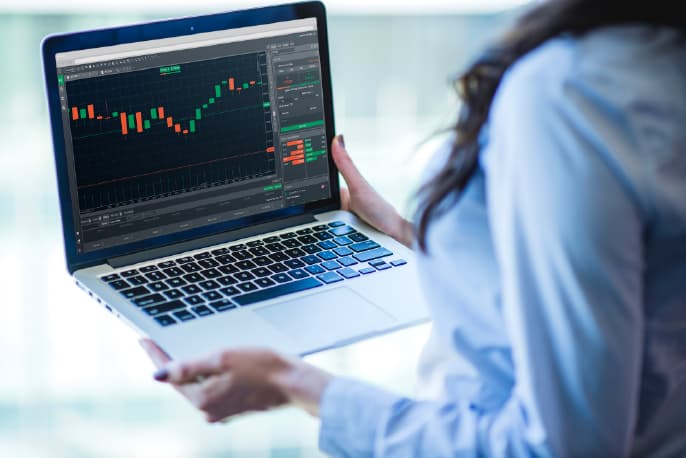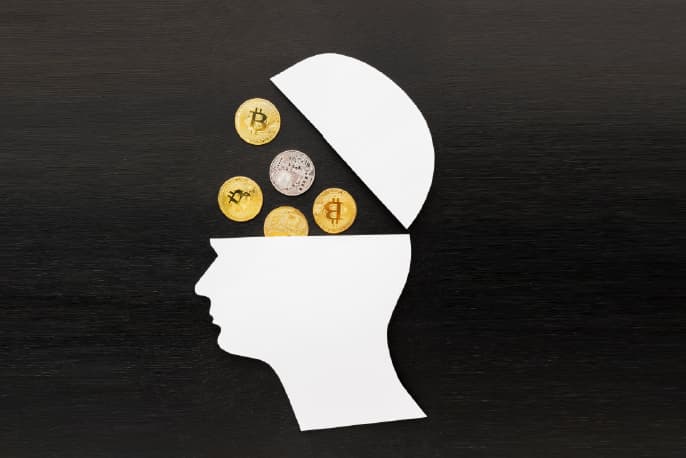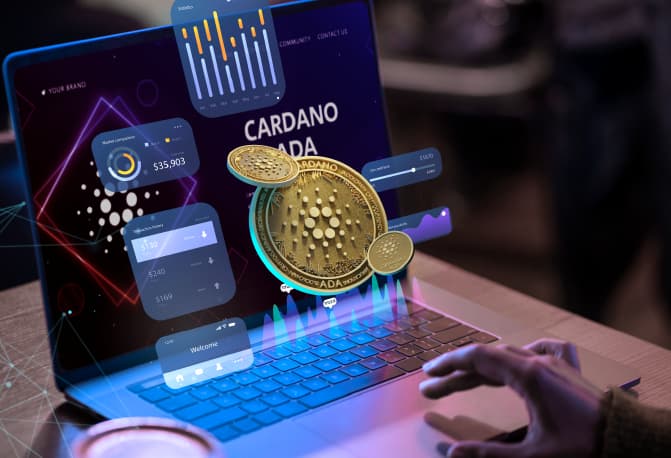President Luiz Inácio Lula da Silva’s government has sanctioned a decree designating the Central Bank as the official regulator of the cryptocurrency market, marking a new phase for the virtual asset ecosystem in the country.
Table Of Contents:
Brazil's Central Bank and Cryptocurrency Regulation
The Central Bank, now responsible for regulating, authorizing, and supervising the cryptocurrency market, has an ambitious mission ahead. The task is based on Law 14.478, sanctioned in December 2022, with the implementation of the new rules expected for the next week, June 20, 2023.
The goal is clear: to bring security and predictability to investors and stimulate the development of the crypto asset market. The measure, already expected by those involved in the ecosystem, offers a solid regulatory framework to boost innovation and growth in this sector.
The Continuity of CVM's Role
Despite the Central Bank being in the spotlight, the role of the Securities and Exchange Commission (CVM) remains relevant. The CVM will continue with its attributions, regulating crypto assets related to securities, such as digital fixed-income tokens.
Brazil: A Powerhouse in Cryptocurrencies
Brazil is one of the global leaders in the use of cryptocurrencies, occupying the seventh position in the ranking released by Chainalysis. The new decree is seen as a significant step to increase security and stimulate the growth of the digital economy.
In addition, Brazil is preparing to launch its own digital currency, the Digital Real. With tests already underway, the expectation is that this new form of currency will be ready for implementation by the end of 2024, marking another important milestone for the country’s digital economy.
Conclusion
The designation of Brazil’s Central Bank as the official regulator of the cryptocurrency market in Brazil is a significant step towards strengthening the sector. It is a clear recognition of virtual assets’ role in the modern economy and the need for a robust regulatory framework. With the security of investors as a priority and the implementation of the Digital Real on the horizon, the future of the Brazilian digital economy seems promising.




























